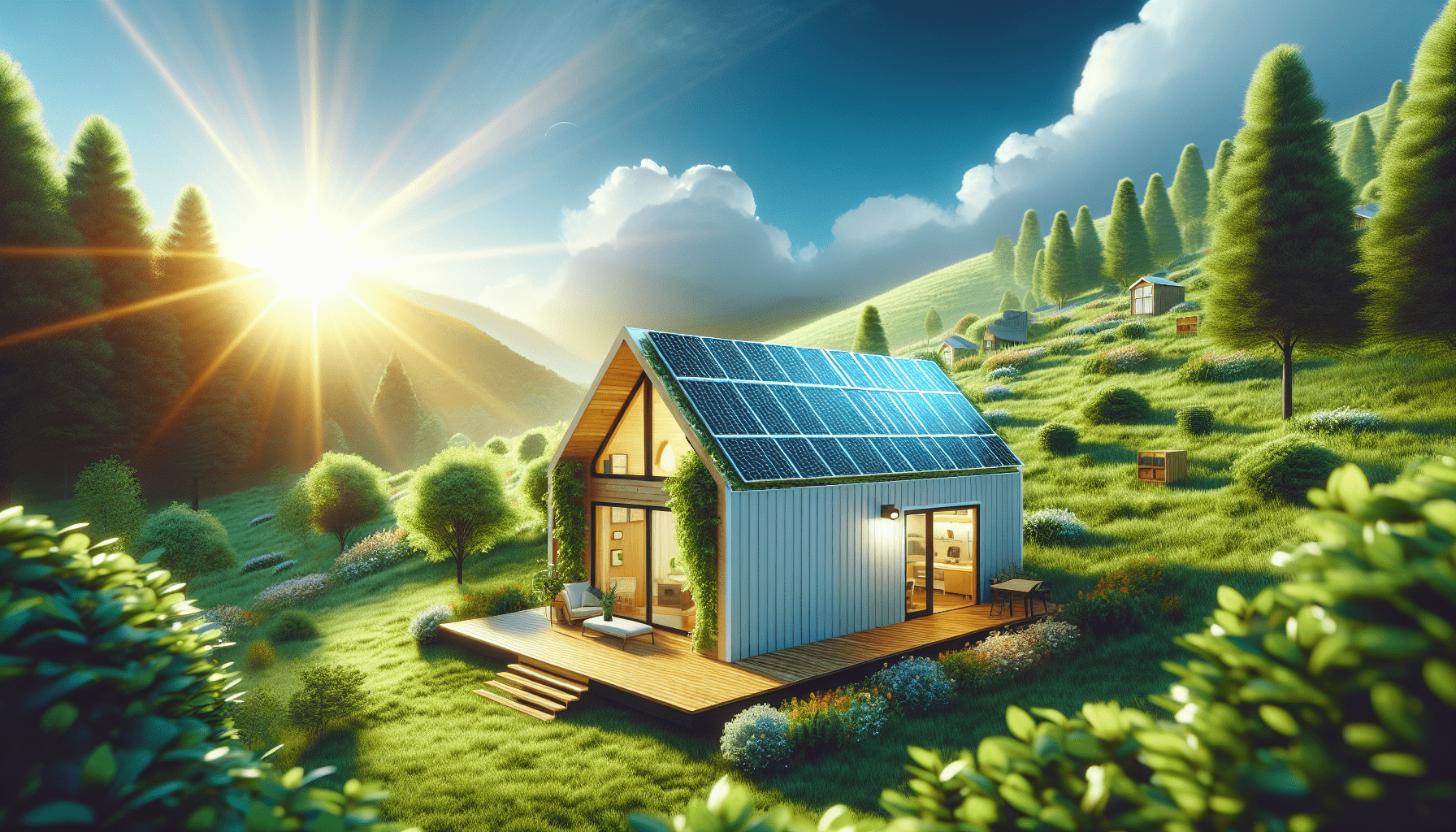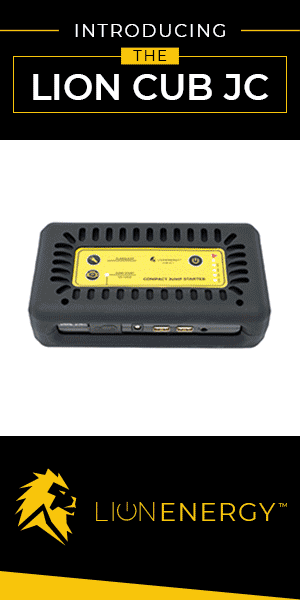Introduction
Solar power solutions for tiny homes have become increasingly popular as more people seek sustainable and cost-effective living options. The combination of smaller living spaces and renewable energy makes tiny homes an ideal candidate for solar energy. In this article, we will explore the benefits of solar power for tiny homes, the different types of solar power solutions available, and how to choose the right system for your needs.
Why Choose Solar Power for Tiny Homes?
One of the main reasons to consider solar power solutions for tiny homes is the reduced environmental impact. By harnessing the sun’s energy, you can significantly lower your carbon footprint. Solar power is a clean and renewable energy source, making it an excellent choice for eco-conscious individuals.
Another benefit is the potential for cost savings. Tiny homes typically have lower energy demands than larger homes. This means that you may need a smaller solar power system, which can be more affordable to install. Furthermore, once your system is set up, you can enjoy free electricity for years to come, leading to long-term savings on energy bills.
Solar power solutions can also enhance your independence. With a solar energy system, you can reduce your reliance on the grid, allowing you to live off-grid if desired. This is particularly appealing for tiny home owners who wish to embrace a minimalist lifestyle.
Types of Solar Power Solutions for Tiny Homes
When it comes to solar power solutions for tiny homes, there are several options to consider. The most common types of solar power systems include:
Grid-tied Systems
These systems are connected to the local electricity grid. They allow you to use solar energy during the day while drawing from the grid at night or during cloudy days. Excess energy produced can often be sold back to the grid, providing additional financial benefits.
Off-grid Systems
Off-grid solar systems are completely independent of the grid. They require battery storage to store excess energy for use when the sun isn’t shining. This type of system is ideal for tiny homes located in remote areas where access to traditional electricity is limited.
Hybrid Systems
Hybrid solar systems combine both grid-tied and off-grid solutions. They are connected to the grid but also feature battery storage. This provides the flexibility to use solar energy, draw from the grid, and store energy for later use.
Portable Solar Solutions
For those who frequently move their tiny homes or want a flexible option, portable solar panels are available. These systems are lightweight and easy to set up, making them perfect for tiny home owners who enjoy traveling.

Choosing the Right Solar Power Solution for Your Tiny Home
Selecting the best solar power solution for your tiny home depends on several factors. Here are some key considerations to keep in mind:
Energy Needs
The first step is to assess your energy consumption. Consider the appliances and devices you will be using in your tiny home. This will help you determine the size of the solar power system you need. A solar calculator can assist in estimating your energy requirements.
Location
Your location plays a significant role in the efficiency of your solar power system. Areas with ample sunshine will produce more energy than those with frequent cloud cover. Research solar radiation levels in your area to make an informed decision.
Budget
Your budget will influence the type of solar power solution you choose. Grid-tied systems tend to be the most affordable upfront, while off-grid systems can require a larger initial investment due to battery storage costs. Evaluate your financial situation and consider potential long-term savings.
Space Availability
Tiny homes have limited roof space for solar panels. Be sure to measure your roof and check for any obstructions, such as trees or chimneys, that may block sunlight. This can help you determine how many solar panels you can install.
Local Regulations
Before installing solar power solutions for your tiny home, check local regulations and permits. Some areas may have specific requirements for solar installations, and it’s essential to comply with these rules.
Installing Solar Power Solutions for Tiny Homes
Once you have chosen the right solar power solution for your tiny home, it’s time to consider installation. You can either hire a professional installer or take a DIY approach, depending on your comfort level and expertise.
Professional Installation
If you opt for professional installation, look for qualified solar contractors in your area. They can assess your energy needs, recommend the best system, and handle all the necessary permits and inspections. This route may be more expensive, but it ensures that your system is installed correctly and safely.
DIY Installation
For those who prefer a DIY installation, many solar power kits are available that include all the necessary components and instructions. However, it is crucial to have a solid understanding of electrical systems and safety precautions. Always consult local codes and regulations before proceeding with a DIY installation.

Maintaining Your Solar Power System
Maintaining your solar power solutions for tiny homes is essential for ensuring optimal performance. Regular maintenance tasks include:
Cleaning Panels
Dust, dirt, and debris can reduce the efficiency of solar panels. Clean them periodically to maintain their effectiveness.
Monitoring Performance
Keep an eye on your system’s performance through monitoring tools. This will help you identify any issues early on.
Inspecting Components
Regularly check the wiring, inverter, and battery (if applicable) for signs of wear or damage.
Professional Inspections
Consider scheduling periodic professional inspections to ensure your system is operating efficiently.
Conclusion
Solar power solutions for tiny homes provide a sustainable, cost-effective, and independent energy source. By understanding the different types of systems available and assessing your unique needs, you can make an informed decision that benefits both your lifestyle and the environment. With the right solar power system in place, you can enjoy the freedom and simplicity of tiny home living while contributing to a greener future.
Disclosure: As an Amazon Associate, I earn from qualifying purchases.


